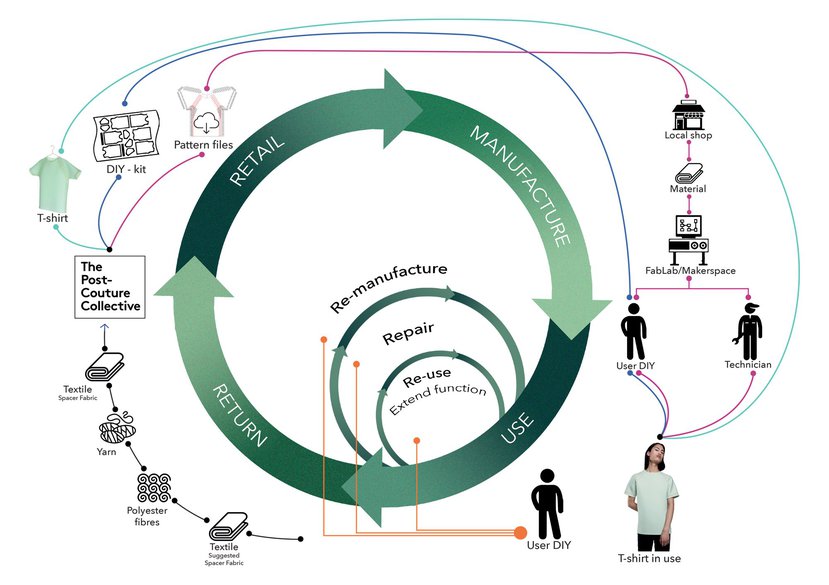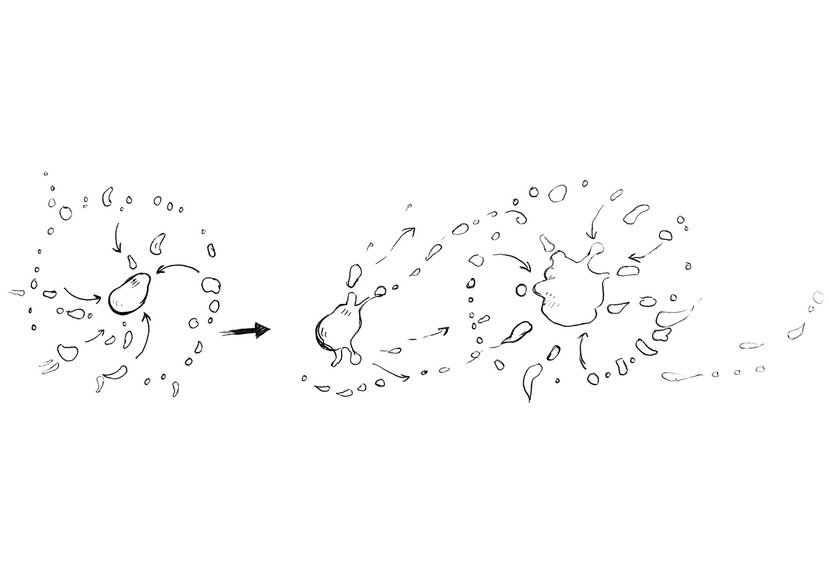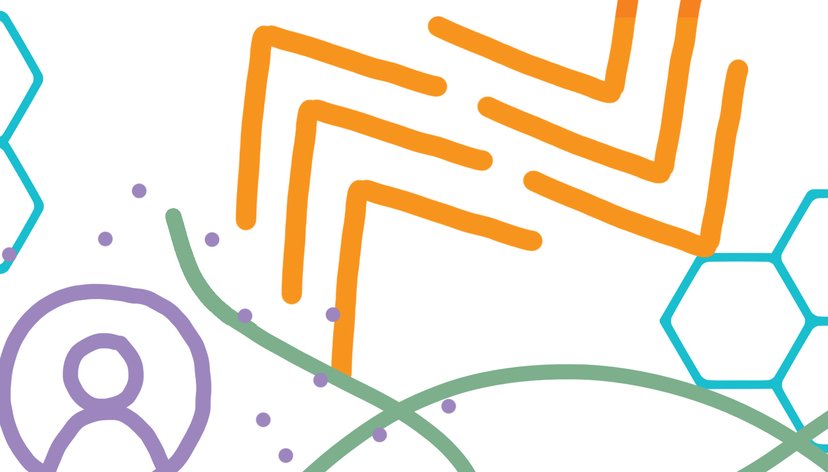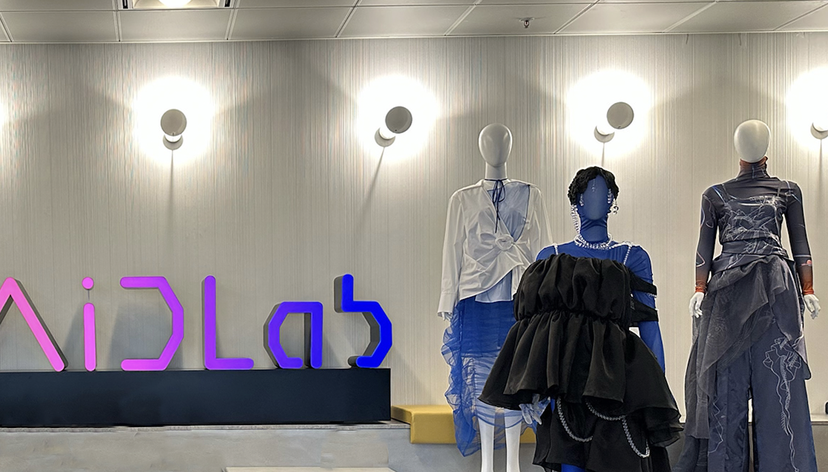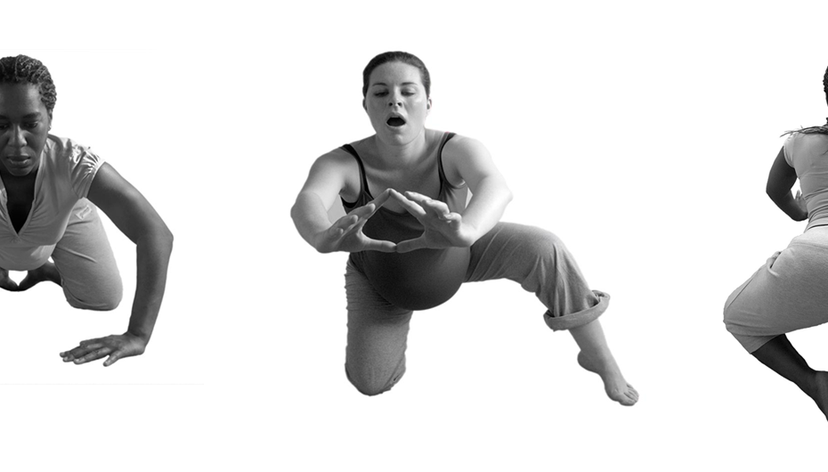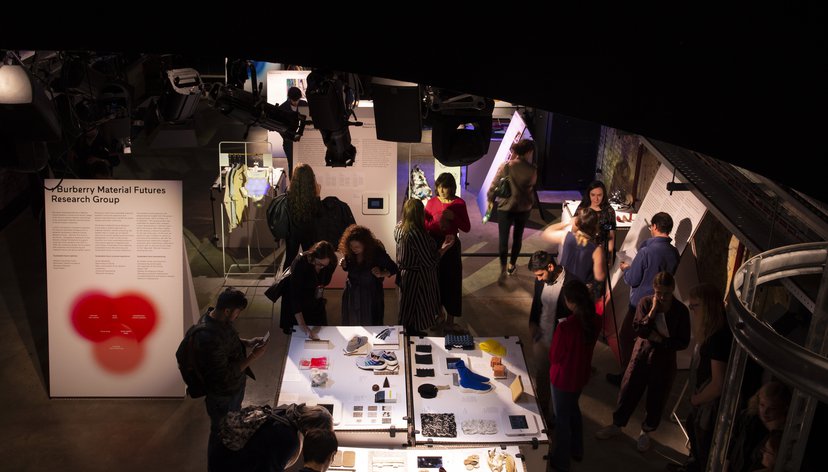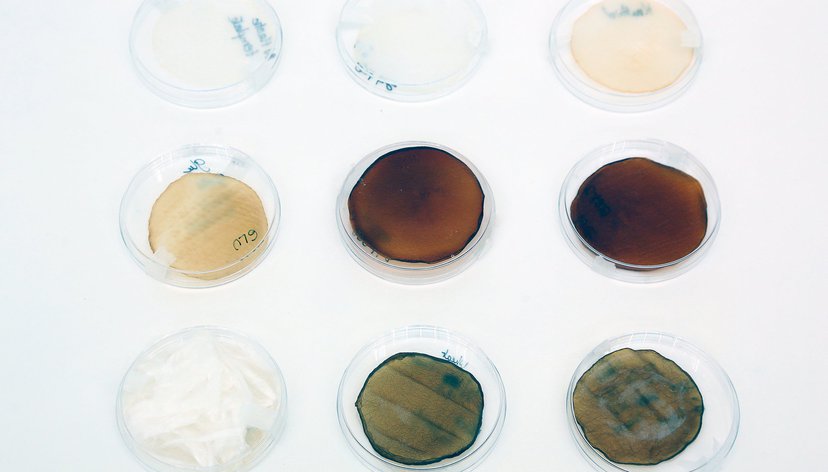
This project aims to establish a strategy for designing garments and consumer experiences that contribute to a circular economy by inviting and empowering consumers to participate in closing the material circles.
At a glance
This PhD project by practice explores:
- How can a new understanding of products as temporary assemblages of materials circulated in a system - that are created through the relationships between designers, users and other stakeholders - be used to devise a strategy for circular garment design?
- What are the specific characteristics of the most beneficial relationships between designers, users and other involved stakeholders to enable co-creation of circular garments and consumer experiences?
- What are the key user behaviours required for circular product design to work, and how can design invite and empower consumers to participate in closing the material loops?
Key details
Gallery
More information
The challenge
The fashion industry is one of the largest contributors to the global environmental crisis, and if nothing changes this problem will grow. The circular economy is set to offer a sustainable alternative to the current wasteful, linear economic model. But moving towards a circular economy requires a fundamental change in how value is created and maintained - designing for circularity is a completely different ‘ballgame’; circular-economy thinking prompts us to essentially re-evaluate what a product is, how it is designed, and who plays a decisive role in its lifespan. This project explores how the relationship between designers and users may be transformed within the circular economy context and aims of to establish a strategy for designing garments and consumer experiences that contribute to a circular economy by inviting and empowering consumers to participate in closing the material circles.
Our approach
The design strategy is developed through a practice-based project, through designing a collection of key garments which map out key moments in a product’s lifecycle where users can contribute to the circular flow. The collection of garments will work according to a circular model of manufacturing and use and be developed simultaneously with the framework of design approaches in an iterative process in order to let the two outcomes inform each other. This symbiotic process is based on the need for real-world, living experiments that help the industry to follow through with theoretical developments.
Outputs
Conference paper: Inaugural International Online Conference on Circular Economy 2020
Team
Ask a question
Get in touch to find out more about our research projects.
[email protected]

